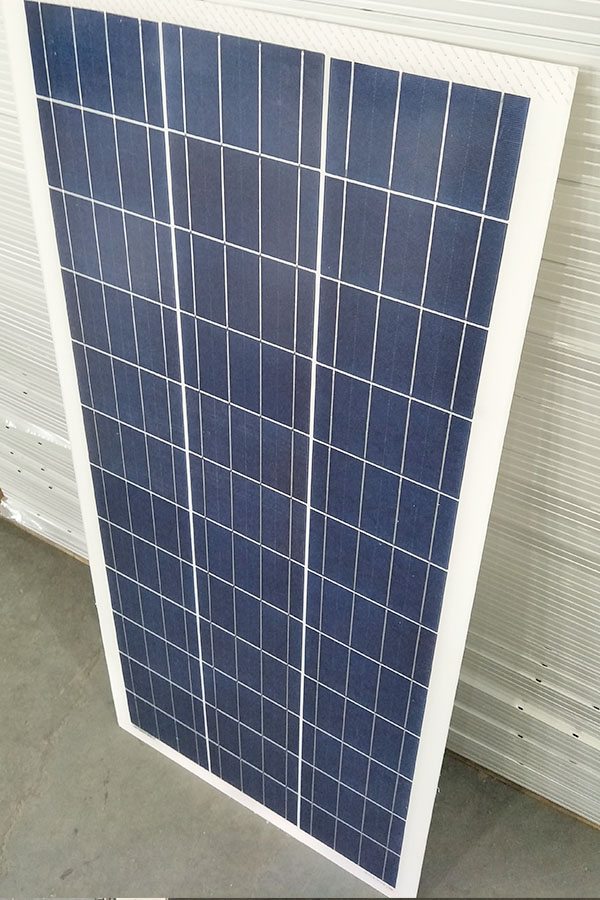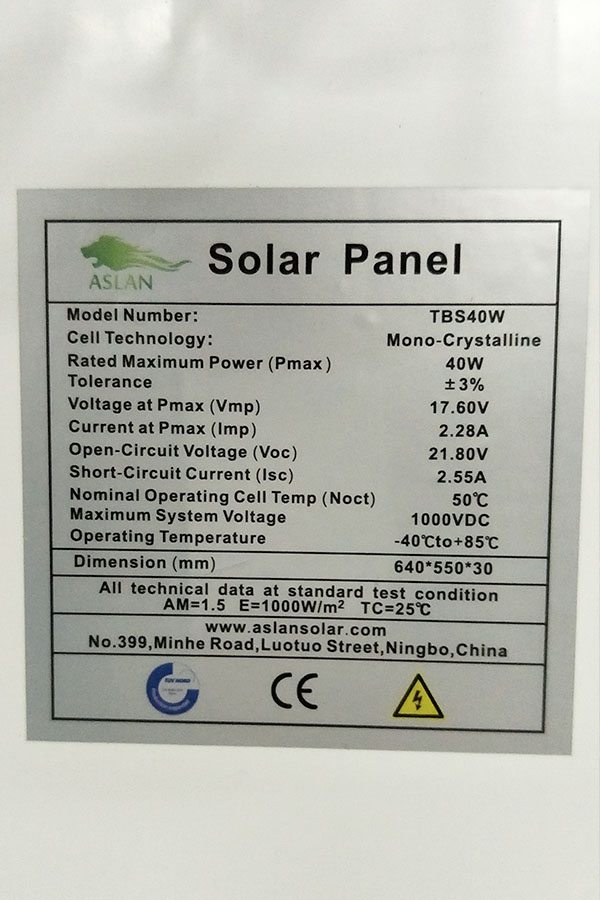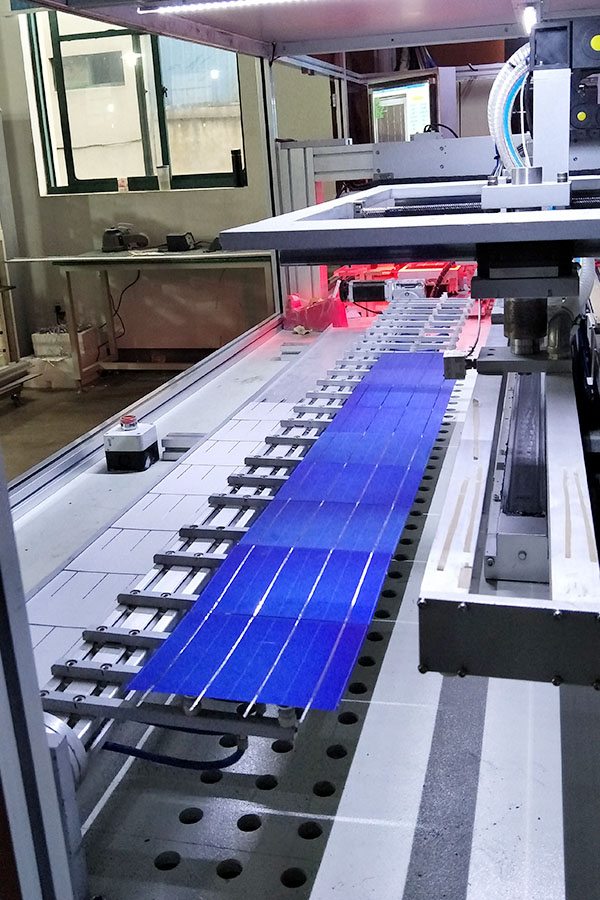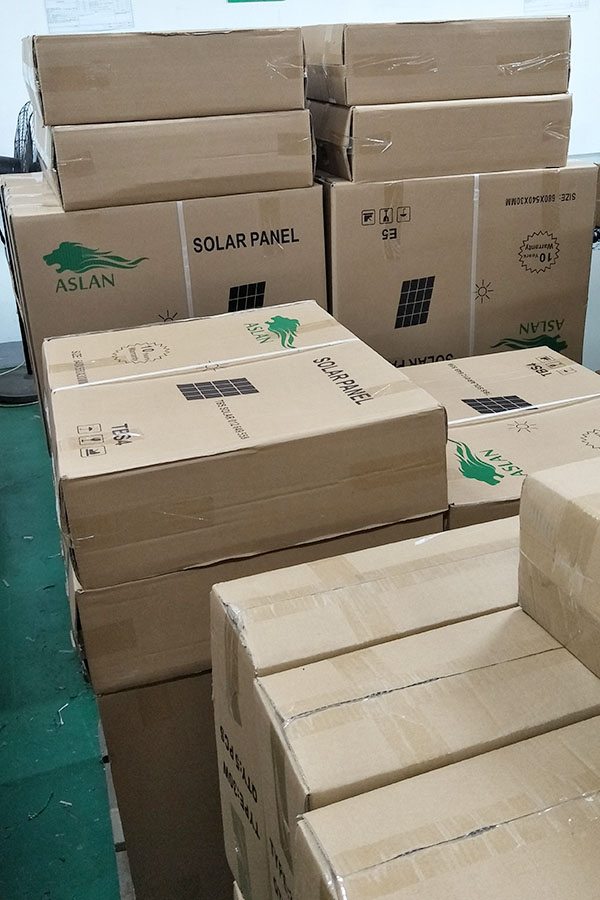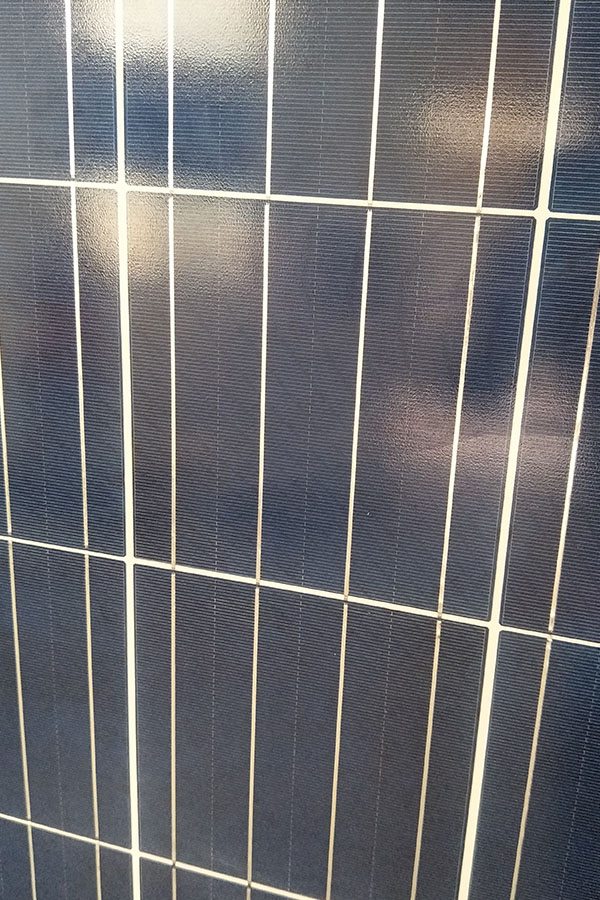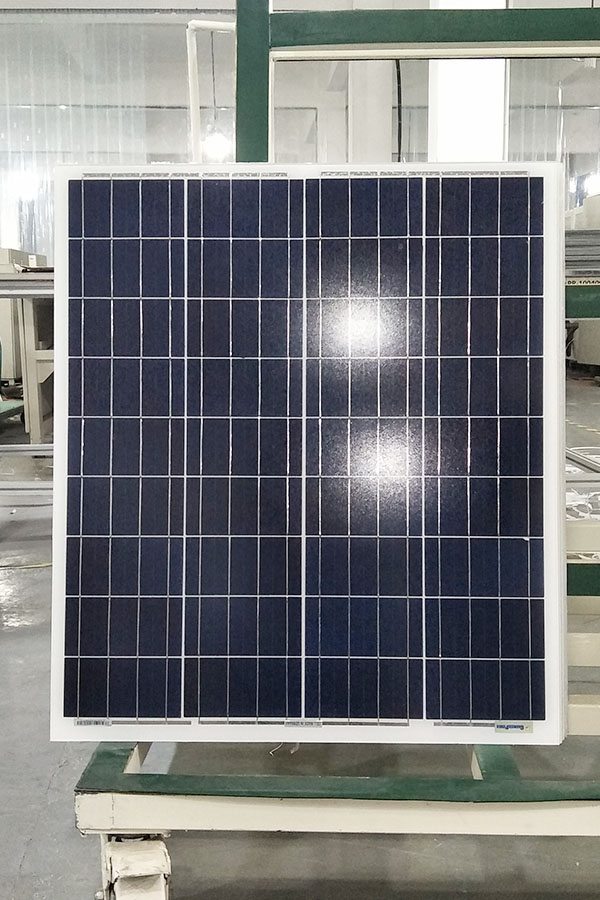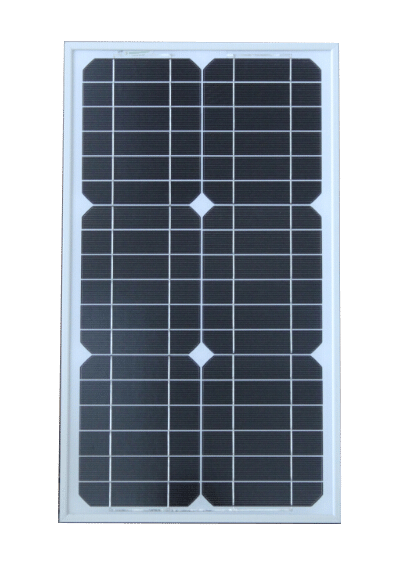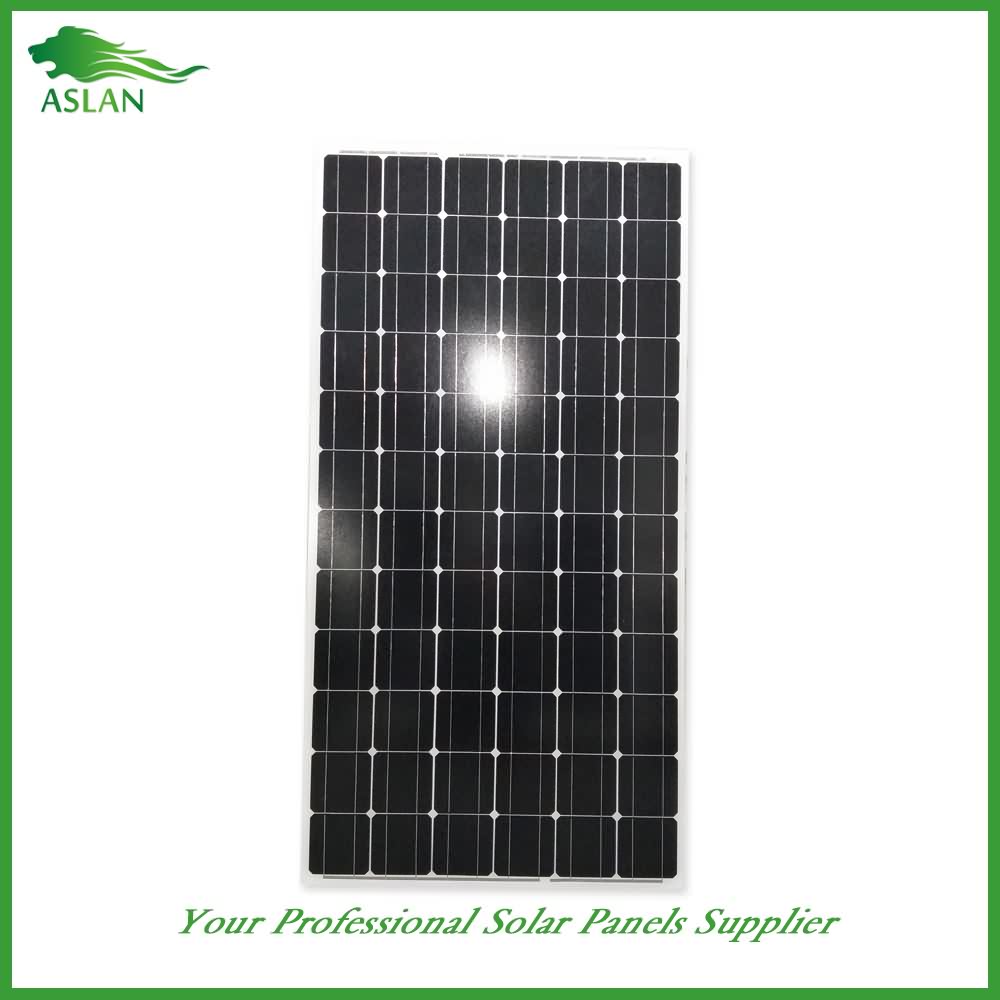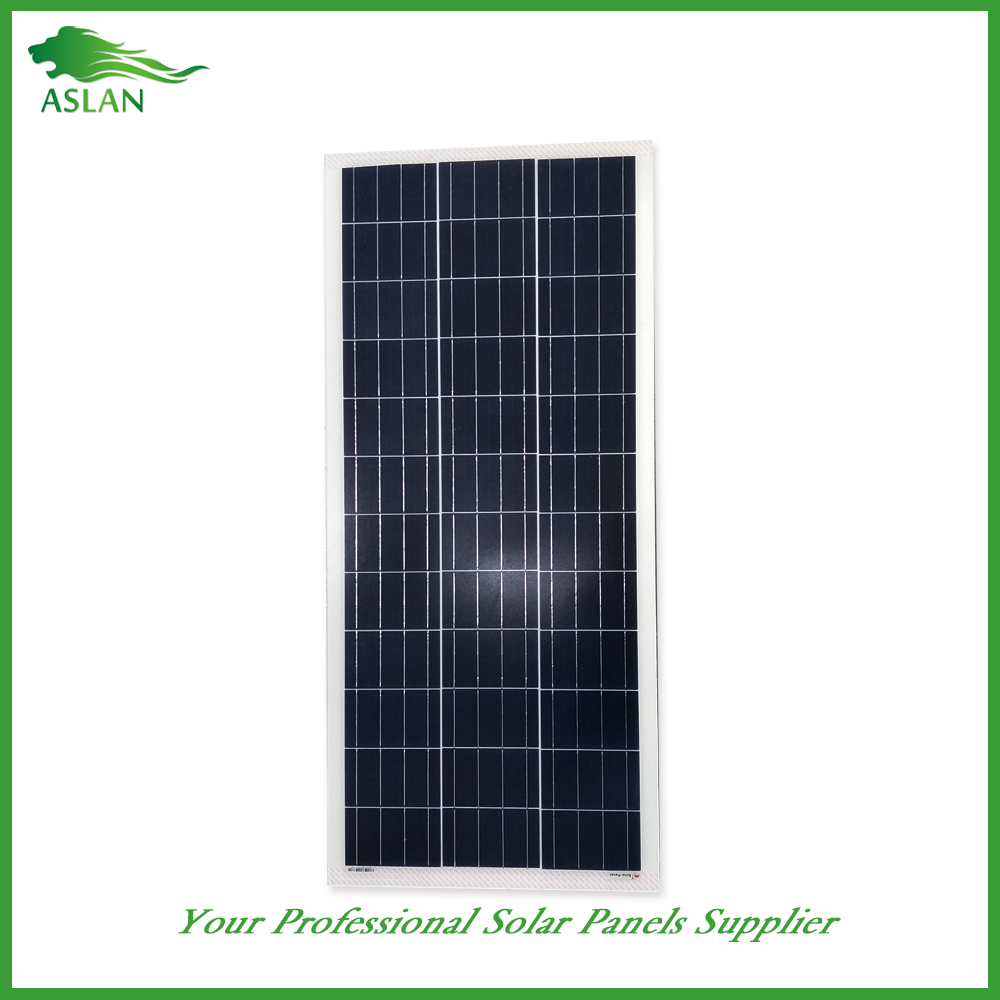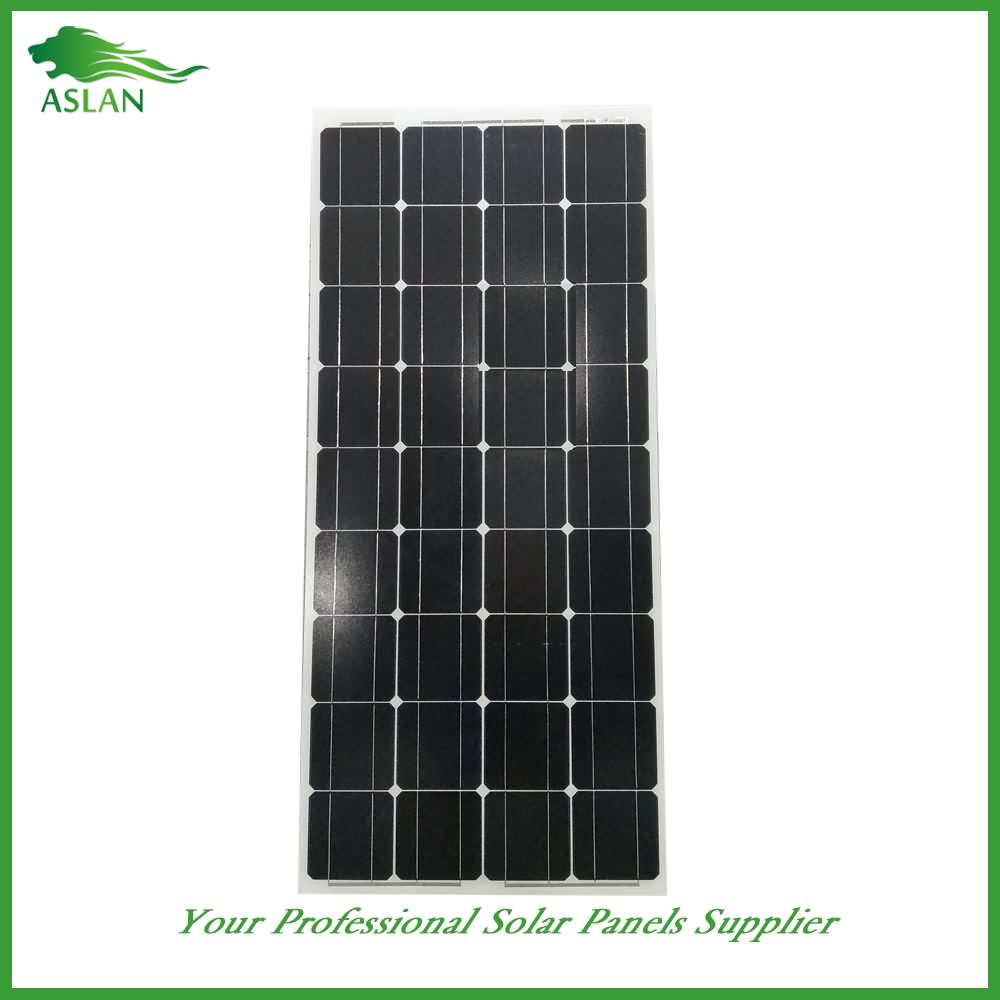factory customized Poly-crystalline Solar Panel 80W Factory in Japan
Short Description:
Our company promises all users of the first-class products and the most satisfying post-sale service. We warmly welcome our regular and new customers to join us for factory customized Poly-crystalline Solar Panel 80W Factory in Japan, We welcome customers, business associations and friends from all parts of the world to contact us and seek cooperation for mutual benefits.
Poly-crystalline Solar Panel 80W
Technical parameter
Maximum Power(W) 80W
Optimum Power Voltage(Vmp) 18.13V
Optimum Operating Current(Imp) 4.70A
Open Circuit Voltage(Voc) 21.79V
Short Circuit Current(Isc) 5.16A
Mechanical Characteristics
Cell Type Poly-crystalline 156x104mm (6 inch)
No of Cell 36 (4x9pcs)
Dimensions 1008x678x35mm
Weight 8.3KGS
Front Glass 3.2mm,High Transmission, Low Iron,Tempered Glass
Junction box IP65 Rated
Output Cable TUV 1×4.0mm2/UL12AWG,Length:900mm
Temperature and Coefficients
Operating Temperature(°C): -40°C ~ + 85°C
Maximum System Voltage: 600V(UL)/1000V(IEC) DC
Maximum Rated Current Series: 15A
Temperature Coefficients of Pmax: -0.435%
Temperature Coefficients of Voc: -0.35%
Temperature Coefficients of Isc: 0.043%
Nominal Operationg Cell Temperature (NOCT): 47+/-2°C
Materials of solar panel
1).Solar Cell——Poly-crystalline solar cell 156*104mm
2).Front Glass——-3.2mm, high transmission, low iron, tempered glass
3).EVA——-excellent anti-aging EVA
4).TPT——-TPT hot seal made of flame resistance
5).Frame——anodized aluminum profile
6).Junction Box——-IP65 rated, high quality, with diode protection
Superiority: high quality anodized aluminum frame, high efficiency long life, easy installation, strong wind resistance, strong hail resistance.
Features
1. High cell efficiency with quality silicon materials for long term output stability
2. Strictly quality control ensure the stability and reliability, totally 23 QC procedures
3. High transmittance low iron tempered glass with enhanced stiffness and impact resistance
4. Both Poly-crystalline and Mono-crystalline
5. Excellent performance in harsh weather
6. Outstanding electrical performance under high temperature and low irradiance
Quality assurance testing
Thermal cycling test
Thermal shock test
Thermal/Freezing and high humidity cycling test
Electrical isolation test
Hail impact test
Mechanical, wind and twist loading test
Salt mist test
Light and water-exposure test
Moist carbon dioxide/sulphur dioxide
Get more info on Amazon-US: http://bit.ly/1TTze5f
I was sent this by the manufacturer/seller for an honest unbiased review. My comments are my points include;
three solar panel faves which each fold up into the attached case makes for an easy way to store and carry
2 USB outputs at 2.1A features intelligent charge I.e. Detects device require to and charges it effeciently
there is an LED lights up red when it’s racing adequate although i found it needed to be outside as indoor lighting wasn’t to my iPhone devices
so to it clear it doesn’t the but convert it for use while your catching rays
it did work well in cloudy conditions during July
brilliantly made and good quality this will last years
comes with six loops and four Caribbean hooks for clipping to bag or what have you
To conclude this is a well item that up whilst the I would have liked it if it could have stored the for later Or overnight charging this have it heavier.
* We’ll render operators of electricity generating sets ‘jobless’ – Osinbajo
* Osinbajo flags-off 20000 solar powered lighting systems
…Acting President Yemi Osinbajo says the government will expand the solar home system programme to one million households.
The Acting President who disclosed this at the Nigeria renewable energy roundtable organised by the ministry of science and technology in partnership with the Nigerian Economic Summit Group (NESG) and Heinrich Boll Stiftung, Nigeria, said the programme would create “a few more million jobs”.
He said the Nigeria renewable energy roundtable must help “to champion this new vision for renewable energy and ensure that we can translate theory to practice for the greater good of the Nigerian people”.
“Going forward, working with the private sector, we also need to create the framework for real-world business cases by developing standardised (and certified) technology packages, standardised contracts and a toolkit for energy cooperatives (with technical, institutional, financing and legal elements),” he said.
“We also need to explore the opportunities for revolving funds for solar PV/wind projects as well as opportunities for other investment remuneration mechanisms. It is also very important that we break the deadlock of electricity market structures by exploring the options to transform the ‘competition for markets’ approach, continue to embark on a broader restructuring of the electricity sector and strive to achieve a more systematic development of the power market design, especially for renewable energy.
“To do that, we need a framework that brings and keeps all stakeholders together towards ensuring that renewable energy becomes an engine of growth for Nigeria’s economy.”
He also said the government was committed to lighting up more rural communities like Wuna, an agrarian village in the Gwagalada local government council of Abuja, which until two years ago was not on the national grid and had no other source of power.
He said the government in collaboration with the Niger Delta Power Holding Company (NDPHC) was able to provide sustainable renewable energy through end to end solution, including a pay-as-you-go system for the community.
“I was in Wuna to see it for myself. For the first time in their existence, the village now has running water, solar powered. The school has power and the school hall is now used as a community hall in the evenings. Each home has four points of light,” he said.
“Children can now stay up and do some studying at night. Many of Wuna’s women can now process their millet and yams at night. New jobs have been created, solar installers, maintenance, payment systems and so on.
“One guy has lost his business in Wuna – the phone charger. Every household can now charge their phones. But he now charges phones of residents of other villages. We are doing 20,000 more homes in this first phase of this exercise and a pay-as-you-go system to 20,000 households to provide access to lighting and electric power for small devices.
“The plan is to expand the solar home system program to one million households, creating a few more million jobs.”
